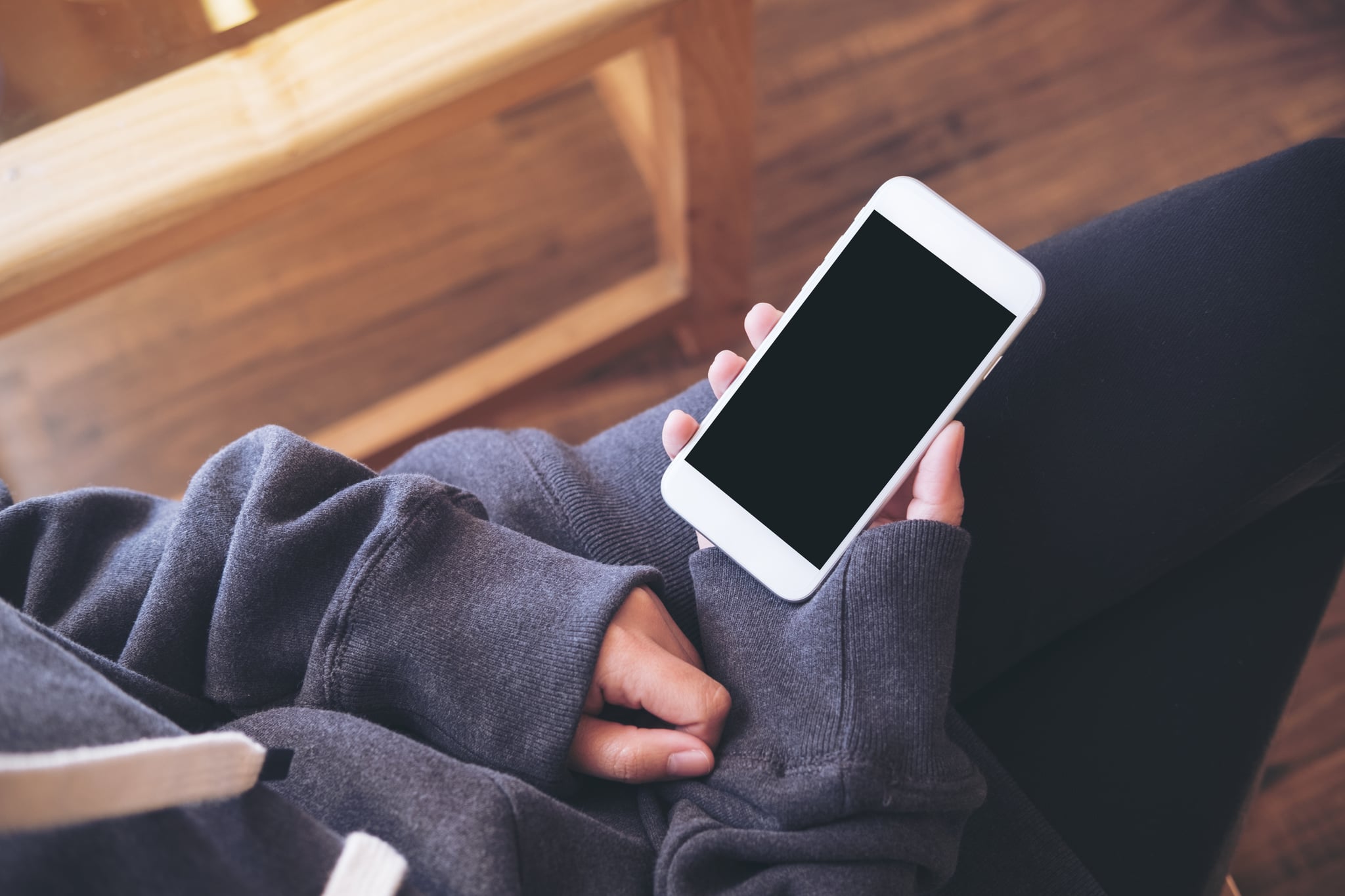
With the COVID-19 pandemic putting everyone on high alert — particularly those with typical cold-and-flu symptoms like cough and fever [1] — you may have a lot of questions about when to get tested, if at all, and what you can expect from the process. We've put together an explainer based on the latest guidelines, but remember, the situation is evolving by the hour here in the US.
Who's Eligible to Be Tested For COVID-19?
"Despite reports around expanded access to testing, it's important to know that testing capacity is still reserved for those considered at high risk or severely ill," Will Kimbrough [2], MD, national virtual medical director at One Medical, told POPSUGAR. The guidelines from the Centres For Disease Control and Prevention [3] are changing rapidly, and the agency notes that they may be adapted by local and state health departments, which are best equipped to determine the needs of their communities.
Generally speaking, patients who require hospitalization and healthcare workers with symptoms are considered highest priority [4] for testing. Those groups are followed by people at greatest risk for complications and first responders, both of which should also have symptoms of COVID-19 [5]. Beyond that, testing depends on the availability of resources, and is done for the purpose of protecting essential workers and decreasing the spread in communities with higher rates of hospitalization.
"Recommendations will continue to change as we learn more about the virus," Dr. Kimbrough said. But if you happen to be in a high-risk group — because you're pregnant, immunosuppressed, elderly, or you have a preexisting respiratory condition — check in with your doctor as early as you can.
Where Can You Get Tested For COVID-19?
"As of the time of this writing, there are multiple private laboratories outside the CDC or individual state department of health labs that provide diagnostic screening for the coronavirus causing COVID-19," said Michael Hall [7], MD a board-certified physician based in Miami. But regardless of where your sample is processed, you'll need to speak with a doctor to be tested. "There is not currently any FDA-regulated testing that does not require a healthcare referral at this time," Dr. Kimbrough explained.
Take inventory of your symptoms, and fight the urge to show up to a doctor's office or clinic without calling ahead, as doing so could put others at risk. "If after reading up on the recommended testing guidance, you feel that you have an urgent need for COVID-19 testing, we recommend contacting a healthcare provider virtually [on an app, via FaceTime, or on the phone] to discuss symptoms and a care plan based on your needs," Dr. Kimbrough said. "If after your virtual screening, your healthcare provider recommends that you receive a COVID-19 test, they will help guide you to the best local designated testing centre in coordination with the CDC and local department of health." From there, it can take up to several days to get results.
For many, testing won't be recommended — and while that uncertainty can be anxiety-inducing [8], it's important to remember that most people with COVID-19 will be able to recover at home. "A care plan for someone diagnosed with COVID-19 [9] doesn't look much different than it would for someone who is treating a cold or flu," Dr. Kimbrough said, though you'll need to take additional precautions to prevent spreading the virus within your home. (The CDC offers guidance for isolate yourself from family or roommates [10] and for rejoining them once your symptoms have improved.)
How Much Does It Cost to Get Tested For COVID-19?
This is another rapidly developing storyline as the government tries to mitigate the cost in order to provide access to as many people as possible. A bill passed in March specified that government plans and most private health insurances should cover the cost of COVID-19 at no cost to patients — but as Time reported, there are loopholes that could allow you to be charged [12] (for example, if you go to a provider that's out of network). If you're uninsured, you should still be able to access testing for free under the new law.
Remember that coverage may vary based on your plan as well. A medical source who chose to remain anonymous told POPSUGAR that "most payors are saying that they will cover coronavirus related visits without member cost share for the next 90 days."
POPSUGAR aims to give you the most accurate and up-to-date information about the coronavirus, but details and recommendations about this pandemic may have changed since publication. For the latest information on COVID-19, please check out resources from the WHO [13], CDC [14], and local public health departments [15].

